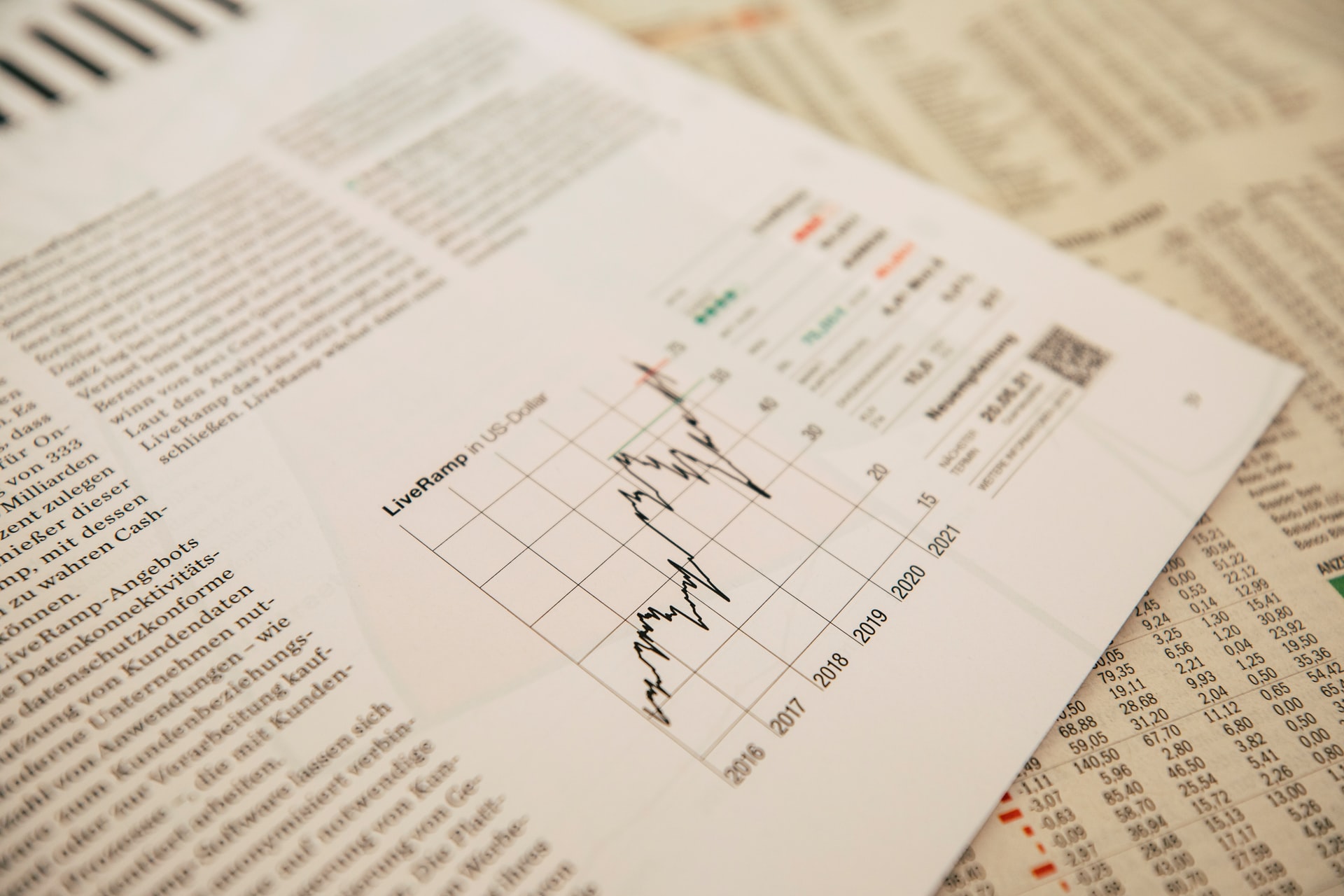While the last couple of years can make coronavirus feel like a distant memory, the pandemic can still have longer-lasting consequences and implications for businesses carrying coronavirus-related debts.
Government-backed support schemes, such as the Coronavirus Business Interruption Loan Scheme (CBILS) and the Bounce Back Loan Scheme (BBLS), helped many companies stay afloat and continue trading through the height of the pandemic where they might otherwise have closed. That said, with the loans long since closed to new applications, the initial repayment holiday has expired, and the lenders will expect borrowers to repay.
Can a director dissolve a company with an outstanding coronavirus support loan?
While directors can file to dissolve a company with an outstanding coronavirus support loan, any attempt at dissolution can prompt any of the company’s creditors to try and recover what they’re owed. Attempts to strike off are advertised in the London Gazette, notifying the creditors. Lenders who provided Coronavirus support loans and the Department for Business & Trade are currently objecting to dissolutions by companies with outstanding CBILS and BBLS loans.
If the company has any other creditors, they can also object via an ‘Objection to Company Strike Off Notice’.
Can creditors chase the company to repay unpaid debts?
If your company owes an amount to creditors, they can pursue the company to repay that amount. That said, creditors must act within the law.
They are allowed to send the company reminders via telephone, post, or email, debt collectors can visit your business premises, and creditors can issue Statutory Demands or County Court Judgements (CCJs). While unpleasant to receive, these shouldn’t be ignored as subsequent action will only escalate and have longer-lasting implications for the company.
If you continue to ignore repayment reminders and court action, creditors can file a winding-up petition, forcing the company into compulsory liquidation.
Thanks to a limited company’s limited liability protection, creditors cannot come after personal assets if the debt relates to that company. Likewise, creditors can’t call your home if the debt relates to a limited company, contact you via social media, or imply they can take legal action outside their powers.
Speak directly to the creditor if you feel they have crossed the line and are harassing you. If they continue using inappropriate tactics, you should speak to the relevant authorities.
What can happen if a director has misused the loans’ funds?
To ensure the Bounce Back Loans weren’t misused, they included strict criteria around what they could be used for.
Acceptable usage included:
- Paying staff salaries.
- Paying running costs, including suppliers.
- Maintaining cash flow.
- Investments, including marketing and purchasing equipment.
The following are considered misuse of the Bounce Back Loan:
- Personal expenses.
- Investments outside of the business’ interests.
- Paying directors’ dividends.
- Salary raises for both directors and employees.
If, as director, you’re found to have committed Bounce Back Loan misuse, you could be held liable for the associated debts.
What are the directors’ options if the company can’t repay its coronavirus support loans?
Bounce Back Loans were 100% guaranteed by the government 12 months from the day the loan was drawn down. No interest was accrued, or payment required during this period. Now that the one-year period has expired, companies must start repaying their loans.
If your company is struggling to cover these repayments, you still have options:
- Speak to your company’s lender. They may be open to amending your repayment terms to help ease the burden and make it more affordable.
- The government has provided options for companies to change their repayment schedule to better suit their circumstances. This is called the ‘Pay As You Grow (PAYG) Scheme’, which allows companies to:
- Extend their loan’s repayment term from six years to 10.
- Take a six-month repayment holiday.
- Make six months of interest-only payments.
If these options still aren’t enough to keep the company solvent, it could indicate deeper-rooted financial problems. These should be addressed before they risk jeopardising the company’s future. Directors should act as soon as they become aware that the company is insolvent; trading on as if nothing is wrong while knowing the company is insolvent can have serious consequences.
In this case, the company must enter a formal insolvency process. Several of these are available, though which is the most appropriate depends on the company’s circumstances.
Company Voluntary Arrangements (CVAs) allow the company to repay a portion of the debts on a monthly basis at a tailored, affordable rate. These arrangements usually last around five years, with any unsecured debt that remains at the end of the arrangement written off. The company continues trading for the arrangement’s duration, maintaining goodwill with its customers.
Alternatively, a Creditors Voluntary Liquidation (CVL) may be more suitable if the company’s level of debt is so severe that recovery is unlikely, or the directors don’t wish to continue the business. A CVL involves the closure of the insolvent company, with all staff made redundant, and any unaffordable, unsecured debt is written off. As long as they’ve acted in the company’s best interests up to and during the liquidation, the directors can walk away, and start afresh should they wish to.
To summarise
Government-backed support loans, such as the Coronavirus Business Interruption Loan Scheme (CBILS) and the Bounce Back Loan Scheme (BBLS), have helped companies endure through the pandemic. However, now the loans are due for repayment, and directors of companies that can’t afford to repay could find themselves in trouble. Creditors can pursue the company to recover what they’re owed, which could lead to the company’s closure if not tackled quickly. Directors in such a situation should seek advice from a licensed insolvency practitioner. Doing so gives them a better chance of achieving the best outcome for them and their company.
















